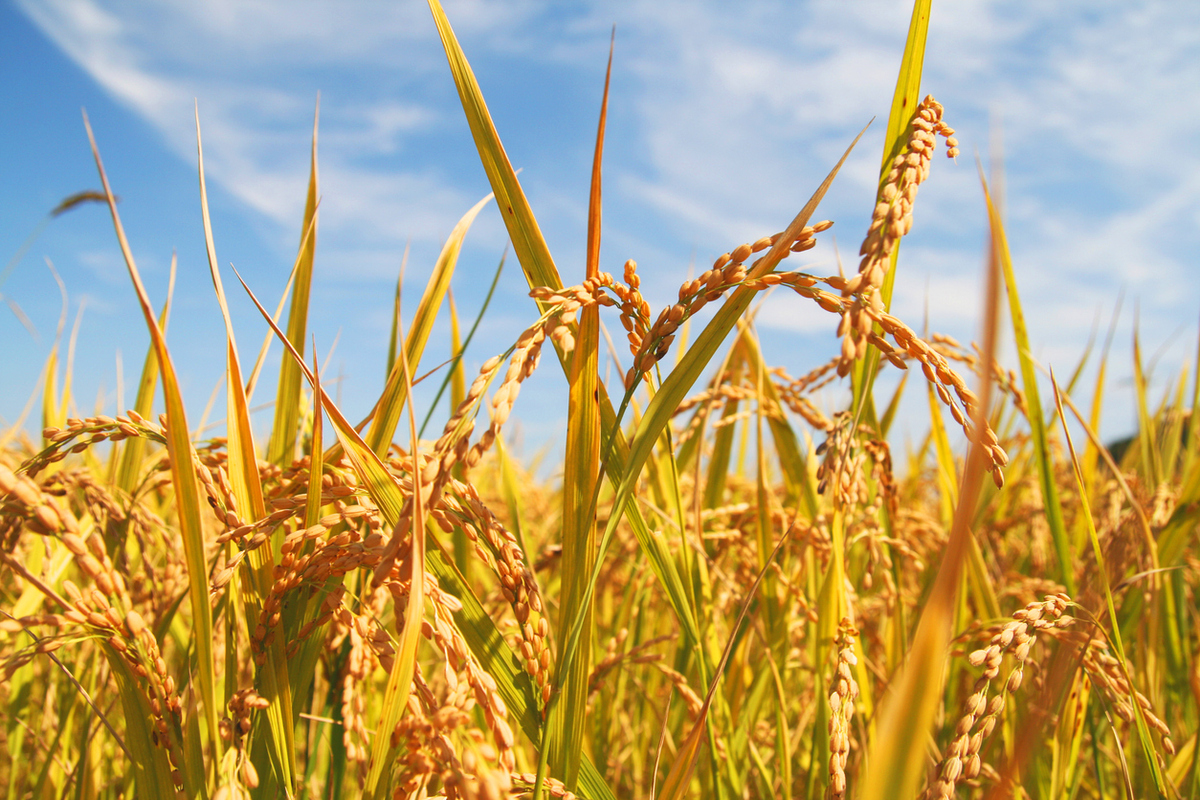
Gene Editing Mitigates Rice Chalkiness
September 13, 2023| |
Researchers from the University of Arkansas developed a genetically modified rice that can withstand high temperatures and has reduced grain chalkiness. The expression of vacuolar H+ translocating pyrophosphatase (V-PPase), a culprit for increasing grain chalkiness, was reduced through the use of CRISPR-Cas9 gene editing tool.
Chalkiness is a condition of rice granules that is less compact due to incomplete accumulation of starch and protein concentration. This condition leads to low milling yields and negative effect on the appearance resulting in reduced overall market value. Aside from this, high temperatures also significantly affect the chalkiness of rice grains during the grain filling period.
Increasing average temperatures brought about by climate change contribute to the challenges in agricultural practices and production. This threat continues to halt the high production of rice in the market. Hence, the success in reducing the chalkiness in rice is a crucial step in sustaining crop productivity and ensuring global food security.
For more information, read the paid article in The Plant Journal.
| |
You might also like:
- Researchers Discover Regulator of Endosperm Development in Rice
- Biotech Rice Exhibits Reduced Grain Chalkiness
- Pocket K No. 37: Biotech Rice
Biotech Updates is a weekly newsletter of ISAAA, a not-for-profit organization. It is distributed for free to over 22,000 subscribers worldwide to inform them about the key developments in biosciences, especially in biotechnology. Your support will help us in our mission to feed the world with knowledge. You can help by donating as little as $10.
-
See more articles:
-
Gene Editing Supplement (September 13, 2023)
-
Research and Tools
- Gene Editing Mitigates Rice Chalkiness
- Gene-edited Rice May Grow in the Ocean
- Chinese Scientists Develop New Gene Editing Tool
- ASU Researchers Optimize RNA Editing with CREST
-
Policy Considerations and Approvals
- Public Consultation on EU Proposal on NGTs Opens in Ireland
- EU Ag Ministers Discuss NGTs in Cordoba Meeting
-
Read the latest: - Biotech Updates (January 21, 2026)
- Gene Editing Supplement (January 28, 2026)
- Gene Drive Supplement (February 22, 2023)
-
Subscribe to BU: - Share
- Tweet

